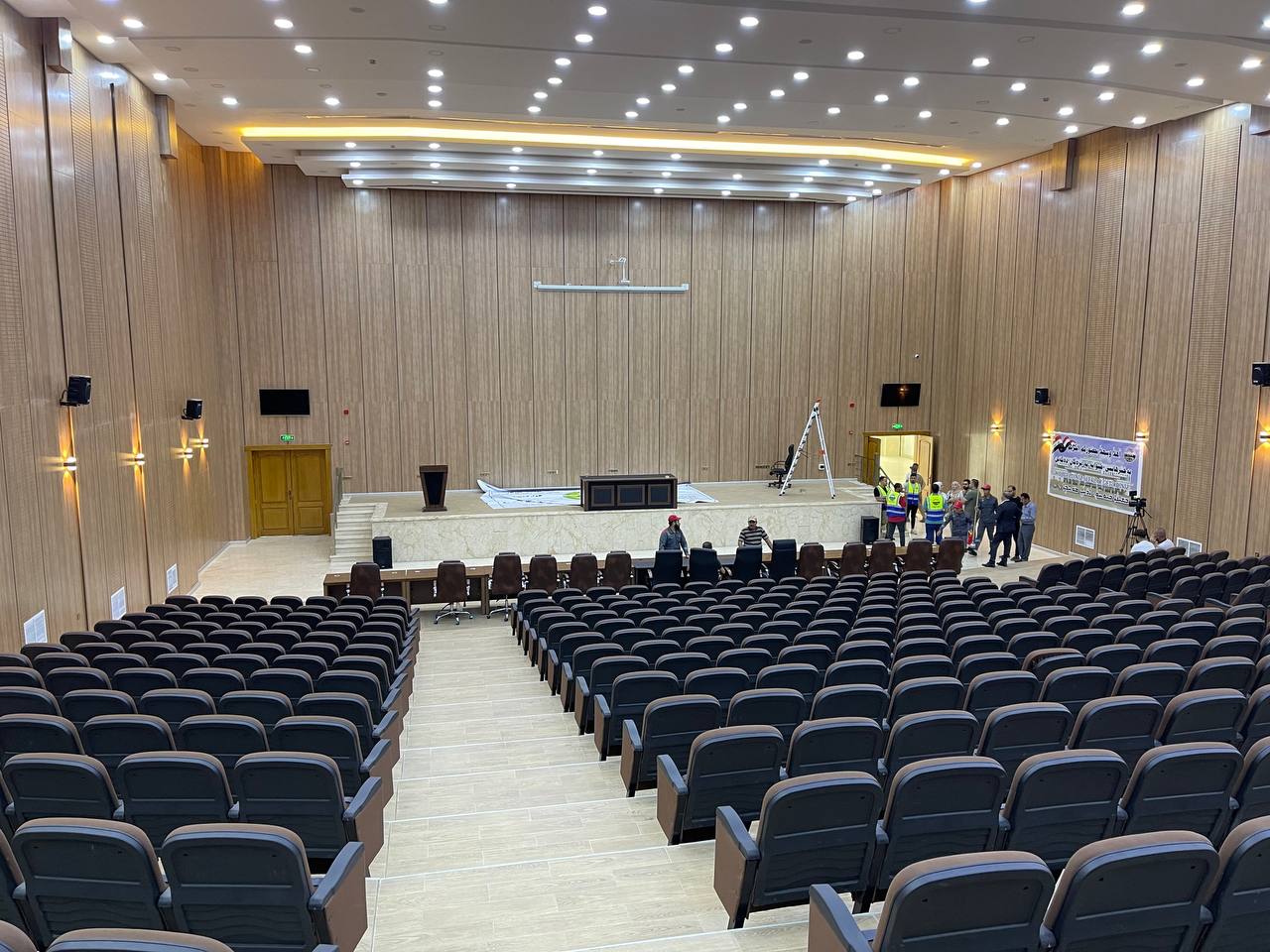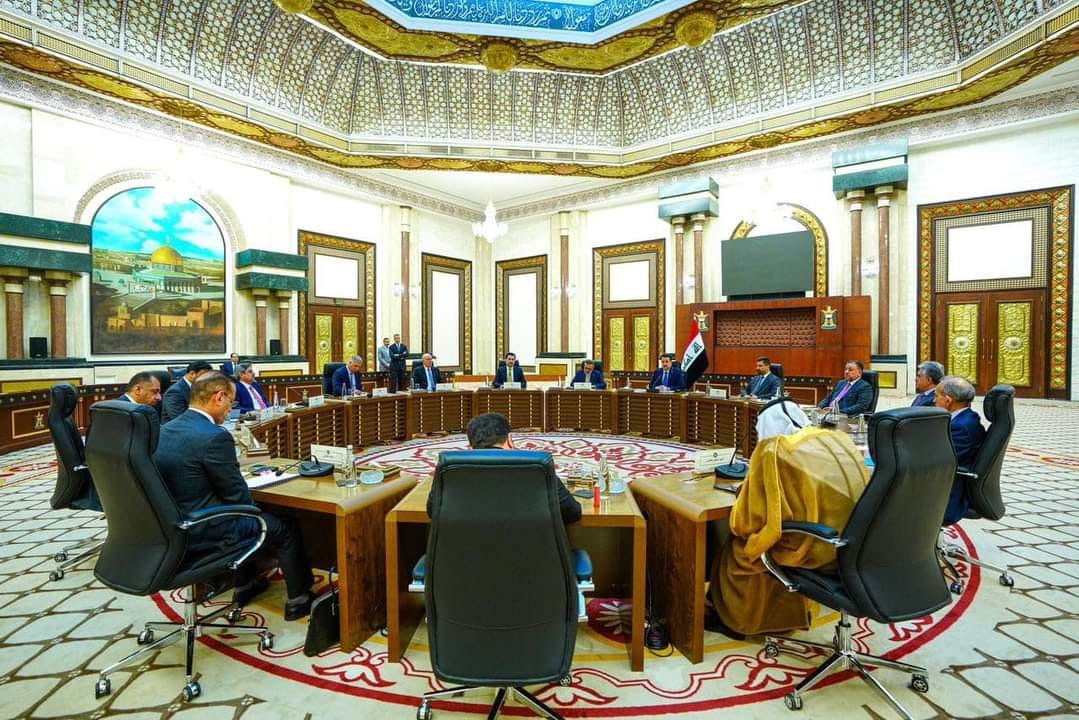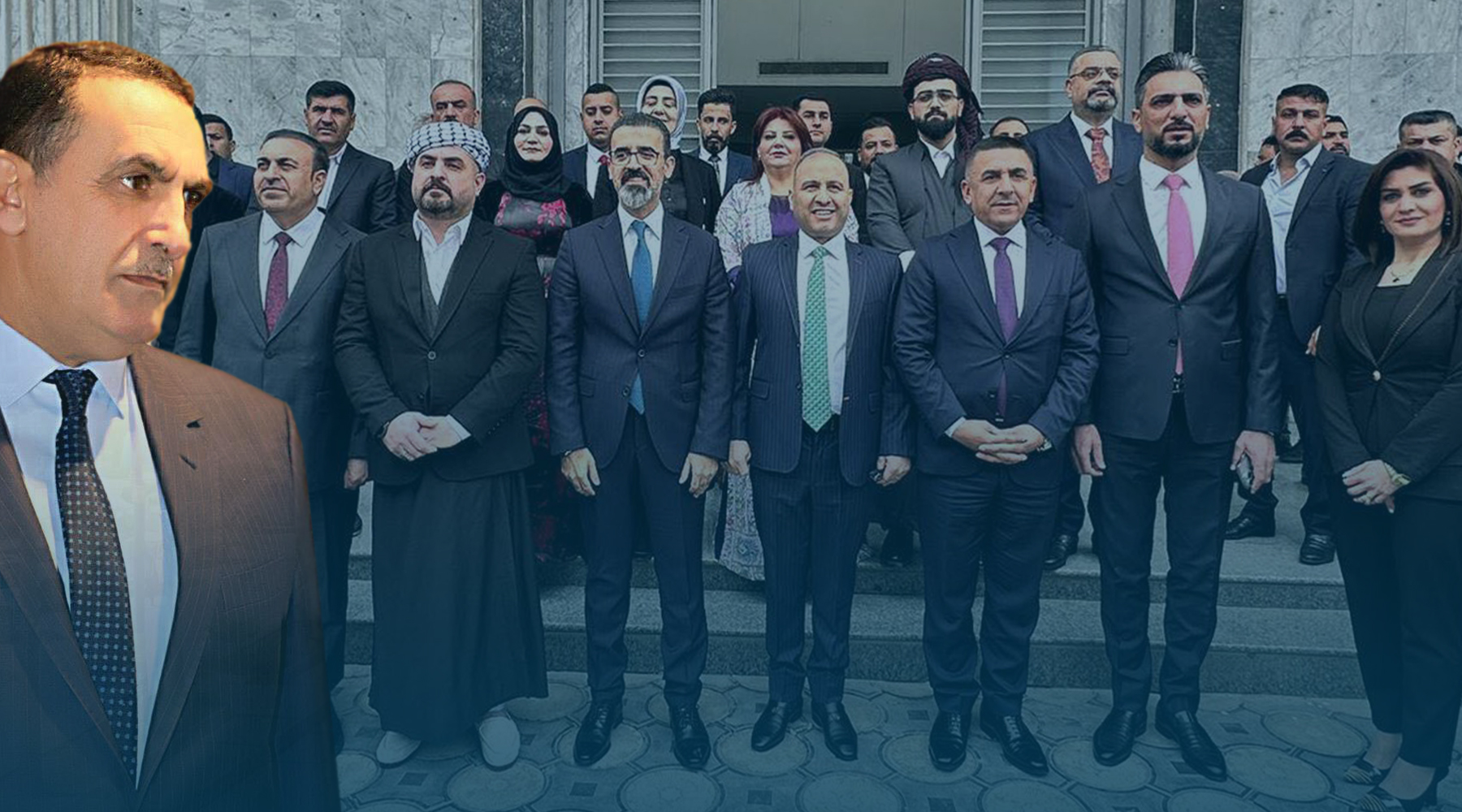The Kirkuk Provincial Council elected last December is scheduled to hold its first meeting, headed by current acting governor without reaching a final agreement and resolving any of the new administration's senior local positions.
The meeting scheduled for Thursday, July 11, came at the request of Iraqi Prime Minister Muhammad Shiaa al-Sudani, with the participation of all the winning blocs in the council, seven months after the provincial council elections in which the blocs failed to reach an agreement on the distribution of council and local government positions.
Late last night, July 9, 2024, Al-Sudani called in a statement on the members of the Kirkuk Provincial Council to hold the first session headed by the oldest member and called on the political forces concerned to cooperate in order to implement what was agreed upon in the last dialogue session, and to complete the political dialogues in the coming days.
Rakan Saeed Al-Jubouri, the acting governor of Kirkuk, has become the oldest member of the council after he was sworn in today, Wednesday, July 10, in court as a member of the provincial council, and he is scheduled to chair the first session, a source anonymously told (KirkukNow).
The Kirkuk Provincial Council has made all preparations to hold the session in which all the winning blocs are scheduled to participate, according to a KirkukNow correspondent who was present today in the council building.

Hassan Majeed, head of the Kurdistan Democratic Party KDP bloc in the Kirkuk Provincial Council, told (KirkukNow) that the Kurds, specifically the KDP, will participate in the first session.
“The meeting is held to grant legitimacy to the council and for the council members to carry out their duties... We believe that the meeting will be a good omen for reaching an agreement and determine the new management positions.”
He pointed out that there are no final agreements and new understandings yet regarding the selection of positions, “We will emphasize that the position of governor must go to the Kurds according to electoral entitlements.”
According to the law, the Provincial Council had to hold its first session before February 6 and decide the positions of the Council’s president and his deputy, and then elect the governor and his two deputies within 30 days of the first session.
Al-Sudani's request to hold the meeting came after he supervised, from February to May of this year, three meetings with the participation of Kirkuk Provincial Council blocs during which he formed a Kirkuk administration coalition, but the blocs did not reach an agreement on the distribution of new administration positions, especially the position of governor.
Ahmed Ramzi, a member of the Provincial Council from the Turkmen Front, told KirkukNow that his bloc will participate in the eternal session, “this meeting to give legitimacy to the Provincial Council,” and denied reaching any agreement to elect candidates for positions during the session.
The northern, oil-rich city of Kirkuk, is home to about 1.77 million Kurds, Turkmen, and Arabs. Located 238 kilometers north of Baghdad, Kirkuk is an ethnically mixed province and has long been at the center of disputes between the federal government in Baghdad and the Kurdistan Regional Government KRG.
The highest legislative and supervisory authority within the boundaries of the local administration shall be with the Council, which has the right to issue internal laws and instructions for managing the affairs of the province, formulate the general policy, discuss and approve the local budget and project plans.

The Kirkuk Provincial Council consists of 16 seats, with seven seats for the Kurds (five seats for the Patriotic Union of Kurdistan PUK and two seats for the KDP), six seats for the Arab component (the Arab Alliance in Kirkuk has 3 seats, the Leadership has two seats, and the Arabism Alliance has one seat), while the Turkmen won two seats, in addition to the quota seat for the Christians. At least nine members are required to attend the first session to complete quorum.
Out of 15 Iraqi governorates, the local government was formed in 13 governorates, while the Kirkuk and Diyala councils failed to form the local government due to disagreements between the blocs and a lack of agreement on the distribution of senior positions. The main dispute in Kirkuk concerns the position of governor, which was in the hands of the Kurds from 2005 until October 2017.
The Kurdish component, with seven seats, insists that the position of governor is the right of the Kurds, specifically the Patriotic Union of Kurdistan, while the Arabs, led by the Arab Alliance headed by Rakan Saeed, seek to retain the position, while the Turkmen propose to rotate the position among the three main components in the governorate.
The Kirkuk Now correspondent, quoting officials in the council, indicated that no member of the council has officially carried out his duties in his position, so none of them has yet received his dues and privileges, including salary.
(Kirkuk Now) contacted at least 10 members of the Provincial Council from the Patriotic Union of Kurdistan, Arab Alliance, Progress and Arabism blocs from this morning, Wednesday, until the afternoon, without any of them answering his calls.





